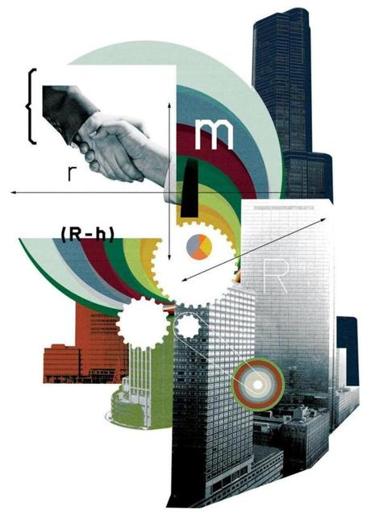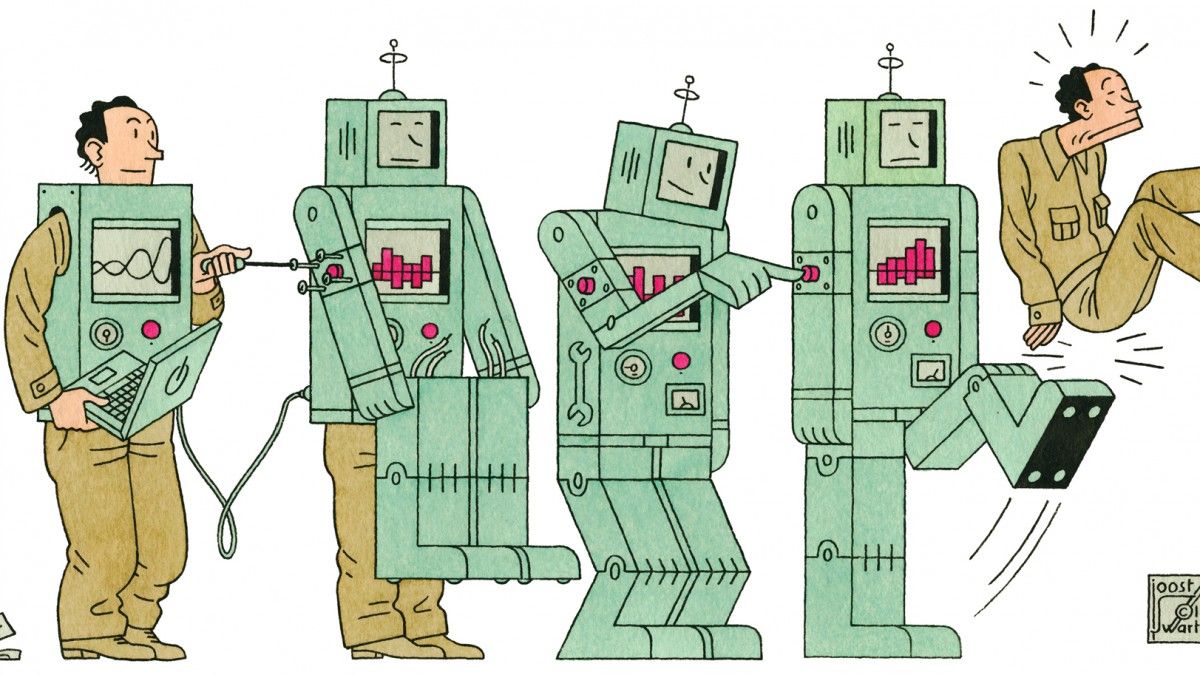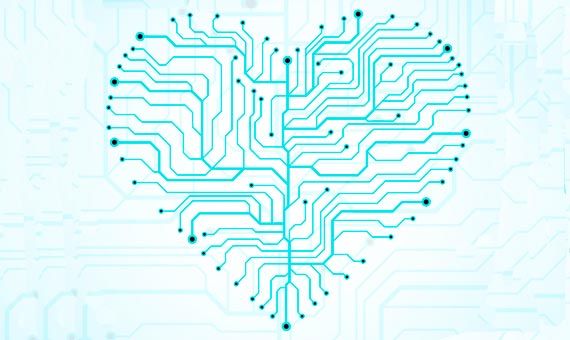Page 11248
Sep 4, 2016
According to Einstein Time is an Illusion, and Here is the Proof
Posted by Elmar Arunov in categories: neuroscience, physics

Albert Einstein was very clear in his day. Physicists are very clear now. Time is not absolute, despite what common sense tells you and me.
Time is relative, and flexible and, according to Einstein, “the dividing line between past, present, and future is an illusion”. So reality is ultimately TIMELESS. This sounds pretty bizarre from the view of classical physics, but from the view of consciousness theory and spirituality, it fits in perfectly.
Continue reading “According to Einstein Time is an Illusion, and Here is the Proof” »
Sep 3, 2016
Energy disruption: Solar plus storage to be cheaper than grid in 2017
Posted by Blair Erickson in category: energy
Combination of solar plus storage to be cheaper than grid based power in Australia within the next year, meaning most of the energy use from households will be “hidden” from the networks. Time to think differently about the grid, and help consumers “share” energy.
Sep 3, 2016
Could self-aware cities be the first forms of artificial intelligence? — By Charlie Jane Anders | Gizmodo
Posted by Odette Bohr Dienel in categories: complex systems, internet, robotics/AI
Tag: Smart Cities
Sep 3, 2016
Helping mayors do their job — By Michael R. Bloomberg and Drew Faust | The Boston Globe
Posted by Odette Bohr Dienel in categories: governance, government, innovation
“As more and more people around the world live in cities — nearly two in three Americans already do — how well cities are run will affect the future of the planet in profound ways.”
Sep 3, 2016
Supercomputer Simulates One Second of Human Brain
Posted by Elmar Arunov in categories: biotech/medical, neuroscience, supercomputing
Brain is the most complex biological computing system and performs almost every activity with jet speed and precision. Despite the numerous advancements in the interaction of technology and science, there is no machine that functions as swift as a brain. Nevertheless, the recent experiment by the researchers of Okinawa Institute of Science and Technology Graduate University in Japan and Forschungszentrum Jülich in Germany is a milestone in the history of producing human brain simulations by a computer.
The team of researchers from Japan and Germany have managed to produce the most accurate simulation of a human brain in Japan’s computer. The single second worth of activity in the human brain from just one percent of the complex organ was able to be produced in 40 minutes by the world’s fourth largest computer.
The computer used is the K computer in Japan to simulate human brain activity. The computer has 705,024 processor cores and 1.4 million GB of RAM, but still took 40 minutes to crunch the data for just one second of brain activity. The open-source Neural Simulation Technology (NEST) tool is used to replicate a network consisting of 1.73 billion nerve cells connected by 10.4 trillion synapses.
Continue reading “Supercomputer Simulates One Second of Human Brain” »
Sep 3, 2016
Will Advances in Technology Create a Jobless Future?
Posted by Elmar Arunov in categories: employment, robotics/AI
We’re in the midst of a jobs crisis, and rapid advances in AI and other technologies may be one culprit. How can we get better at sharing the wealth that technology creates?
What is the meaning of affective computing? Are machines able to feel? Find out more about this new concept in this analysis from Ahmed Banafa for OpenMind.
Sep 3, 2016
Scientists look at how A.I. will change our lives by 2030
Posted by Elmar Arunov in categories: health, robotics/AI
By the year 2030, artificial intelligence (A.I.) will have changed the way we travel to work and to parties, how we take care of our health and how our kids are educated.
That’s the consensus from a panel of academic and technology experts taking part in Stanford University’s One Hundred Year Study on Artificial Intelligence.
Focused on trying to foresee the advances coming to A.I., as well as the ethical challenges they’ll bring, the panel yesterday released its first study.
Continue reading “Scientists look at how A.I. will change our lives by 2030” »

Excellent marathon runner, A.I. pioneer or outstanding scientist: who was Alan Turing? Read more here 👉 http://bit.ly/1USRuOF















